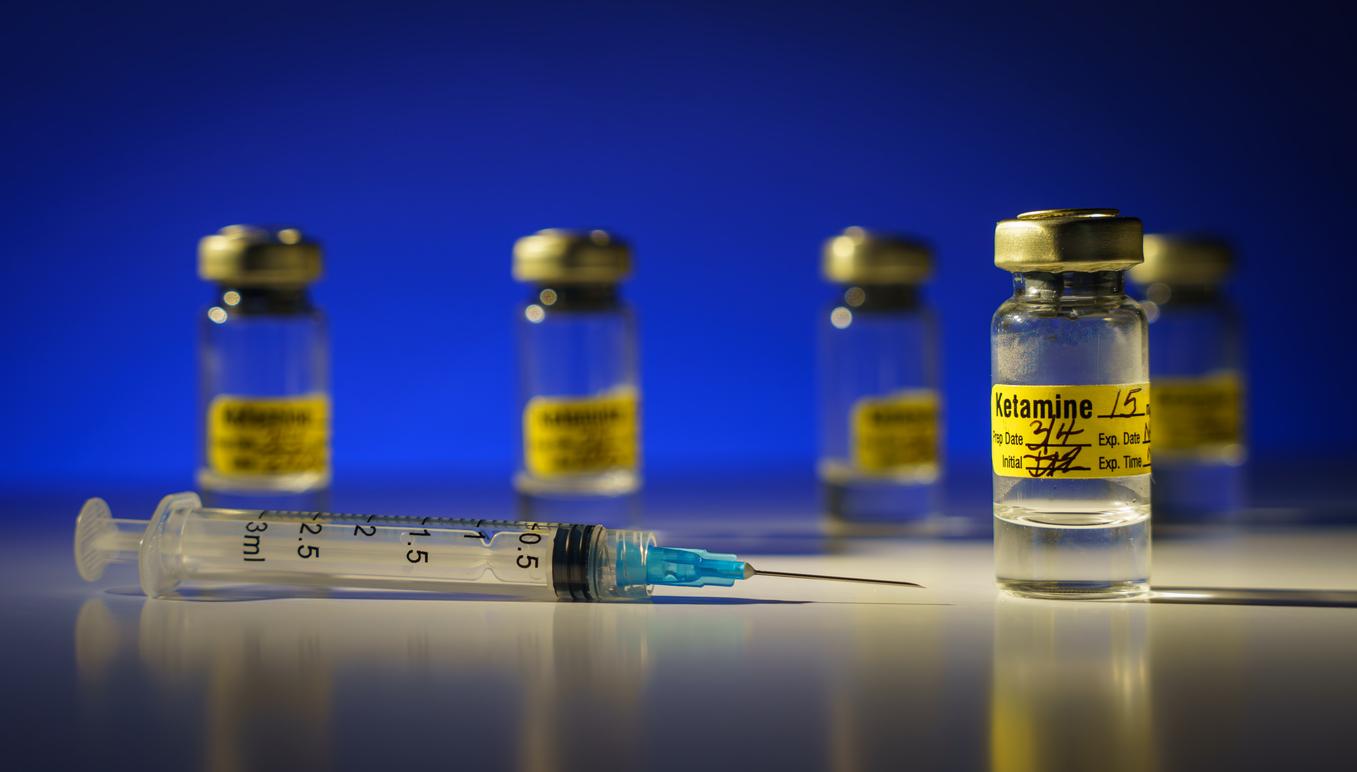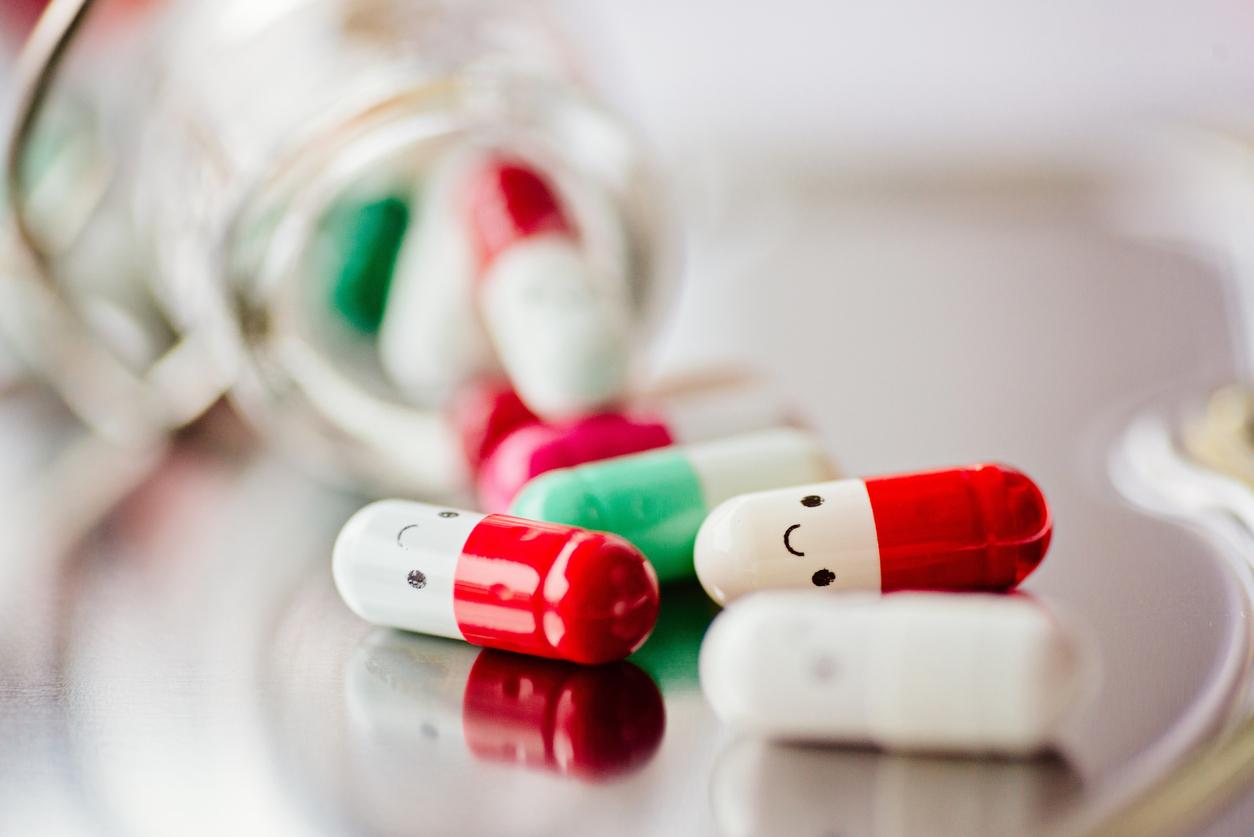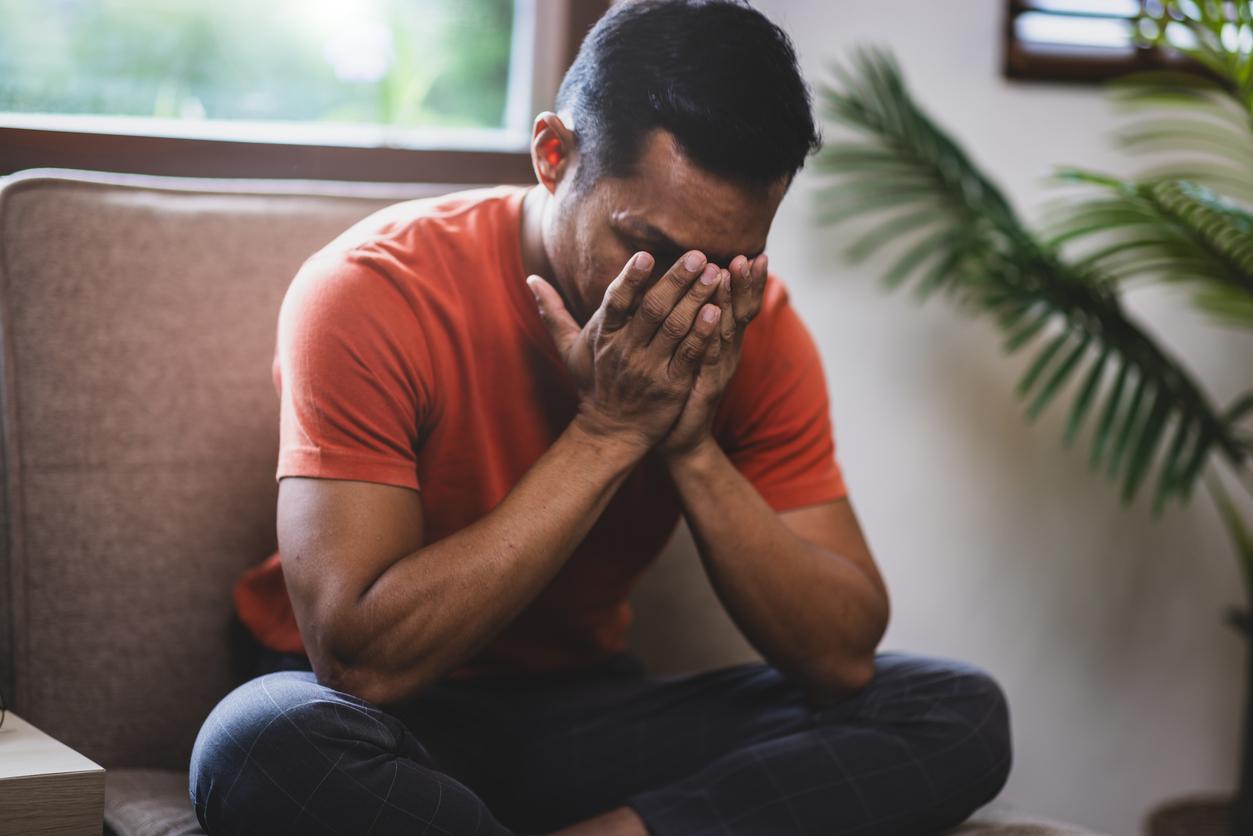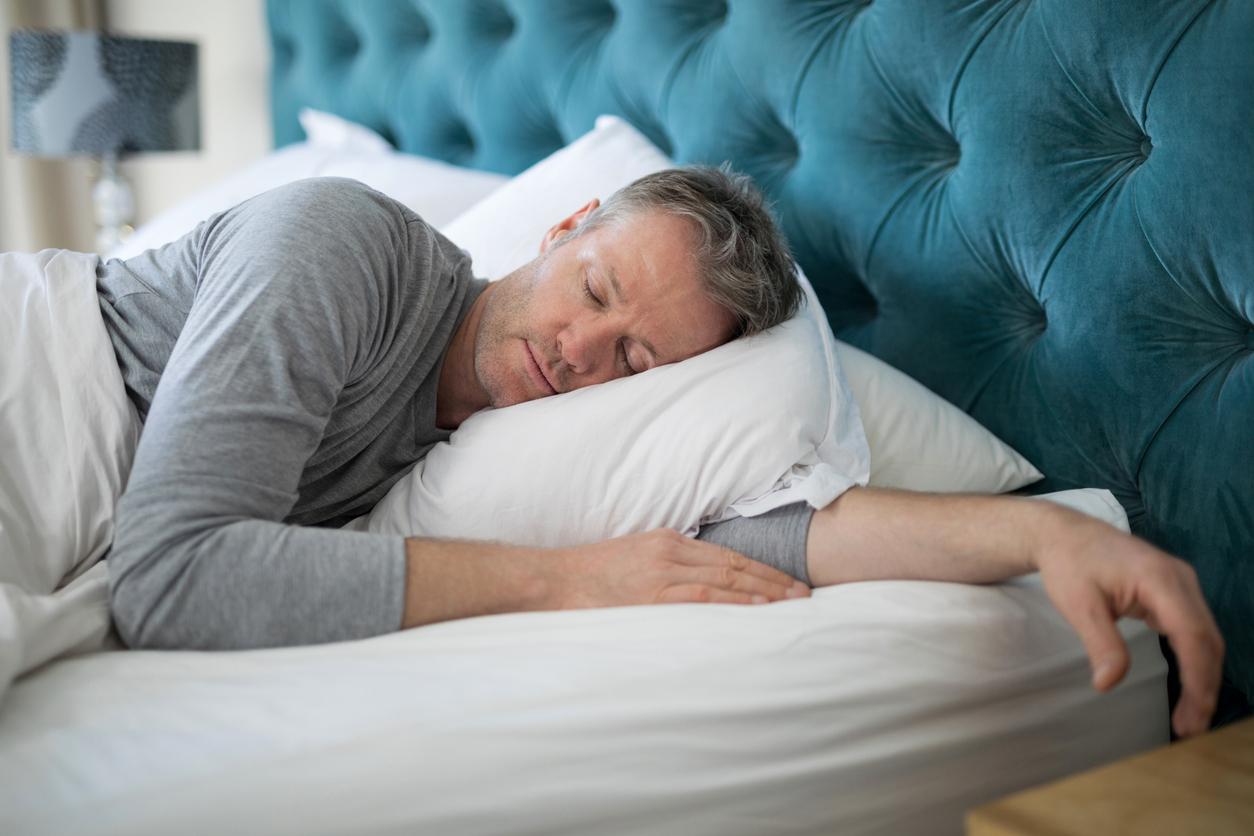The American cities of Denver and Oakland have decriminalized the consumption of hallucinogenic mushrooms to treat depression, anxiety or even alcoholism.
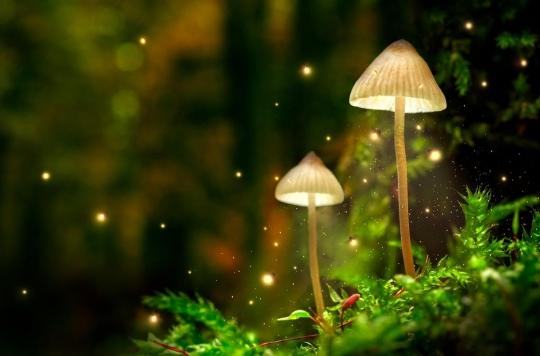
The use of hallucinogenic mushrooms has been decriminalized in the cities of Denver and Oakland, in the United States, to treat depression, anxiety, alcoholism and post-traumatic stress disorder (PTSD), reports The Guardian.
“It’s a proven remedy”
“They are natural and have been used by humans for thousands of years,” Carlos Plazola, director of the Decriminalize Nature Oakland group, which initiated the decriminalization, told the British daily. “These are not drugs. They are herbal medicines. We just think they should never have been illegal.”
Noel Gallo, municipal councilor of the city, confirms for his part that “these are natural plants which can help you in case of depression, anxiety and alcoholism (…) It is a remedy which has made its evidence. People are already using them. They already have them at home. It’s not a new product.”
Mushrooms and psychotropic or psychoactive plants
But while the city of Denver stuck to legalizing the consumption of these so-called “magic mushrooms”, local elected officials in Oakland voted unanimously in favor of “decriminalizing the use and possession by adults of magic mushrooms and other mind-altering or psychoactive plants”.
Or all the plants with hallucinogenic properties, including peyote, a species of small thornless cactus native to North America containing several alkaloids including mescaline, used for its entheogenic, psychotropic and hallucinogenic properties. However, this measure does not apply to synthetic drugs such as LSD or MDMA, which remain prohibited.
What impact on health?
But are hallucinogenic mushrooms really harmless to health? Can they contribute to treating such serious pathologies? These mushrooms contain psilocybin, a chemical with psychedelic properties known to disrupt the central nervous system.
In 2017, English researchers followed 20 patients with resistant depression. The latter received two doses of psilocybin (10 mg and 25 mg), a week apart and had an MRI before and after to look at the impact of this compound on their brain. Unexpectedly, the patients all reported a decrease in depressive symptoms up to 5 weeks after treatment.
The previous year, a single dose of psilocybin successfully relieved anxiety and depression in patients with advanced cancer for 6 months. However, “psilocybin may not work for everyone and certain groups of patients, such as schizophrenics and adolescents, should not be treated with it,” said Anthony Bossis, professor of psychiatry at NYU Langone, adding that you should not try to treat yourself alone with this molecule without the support of a specialized doctor.

.









